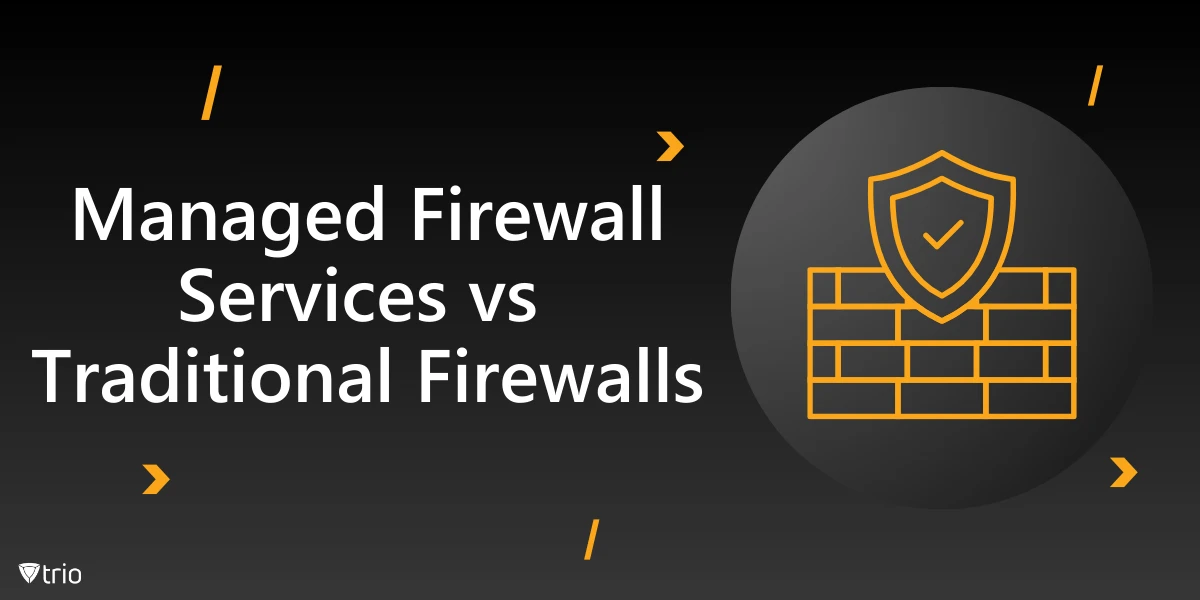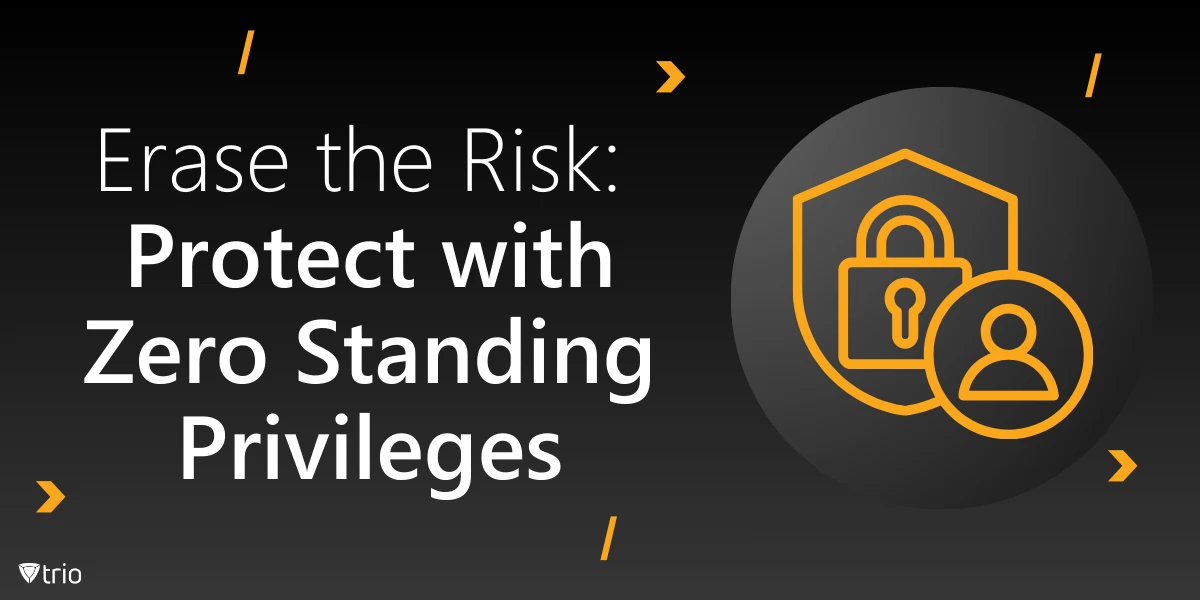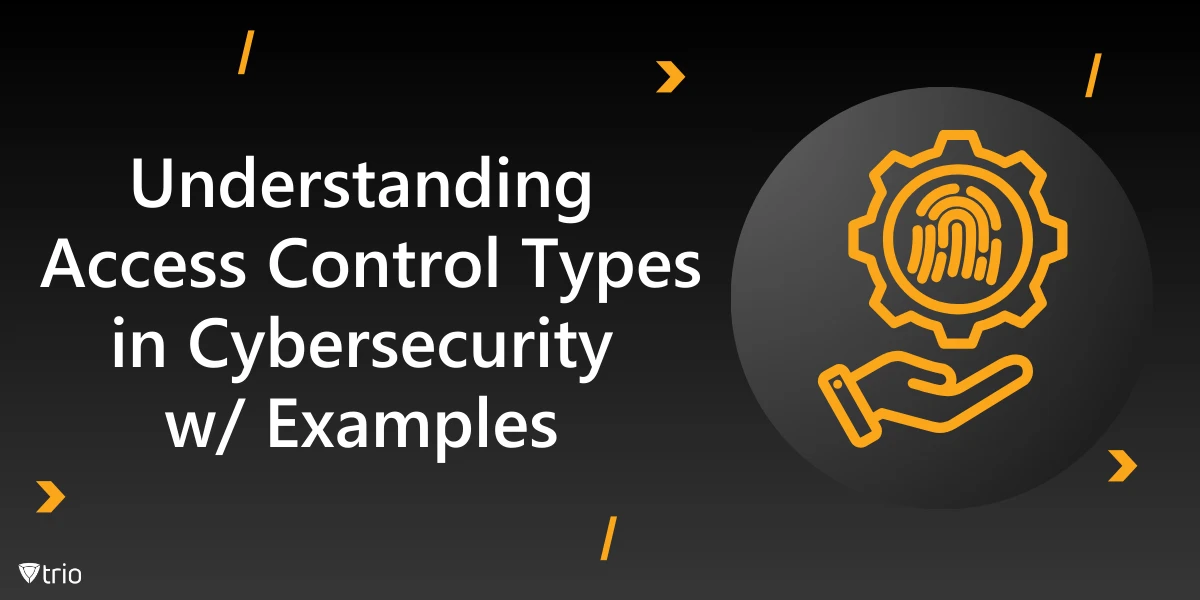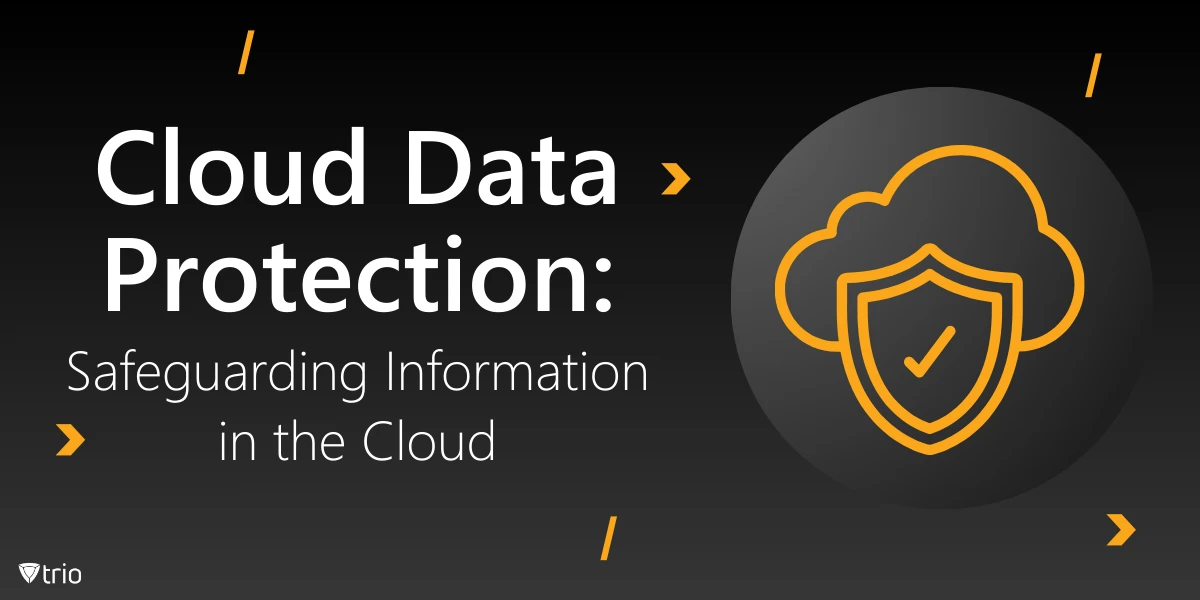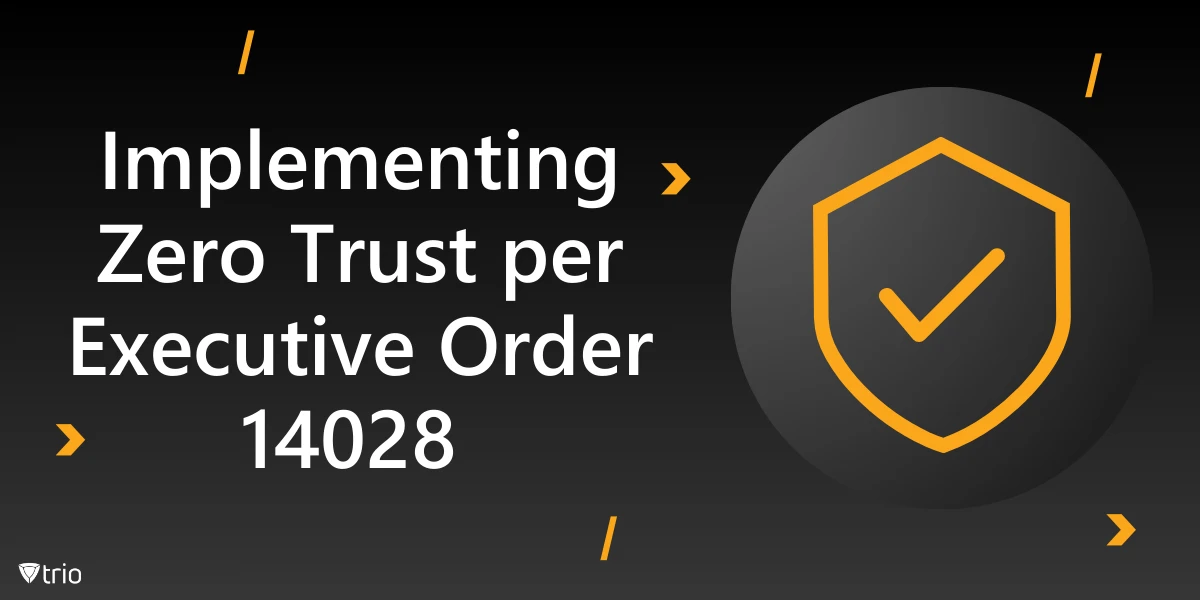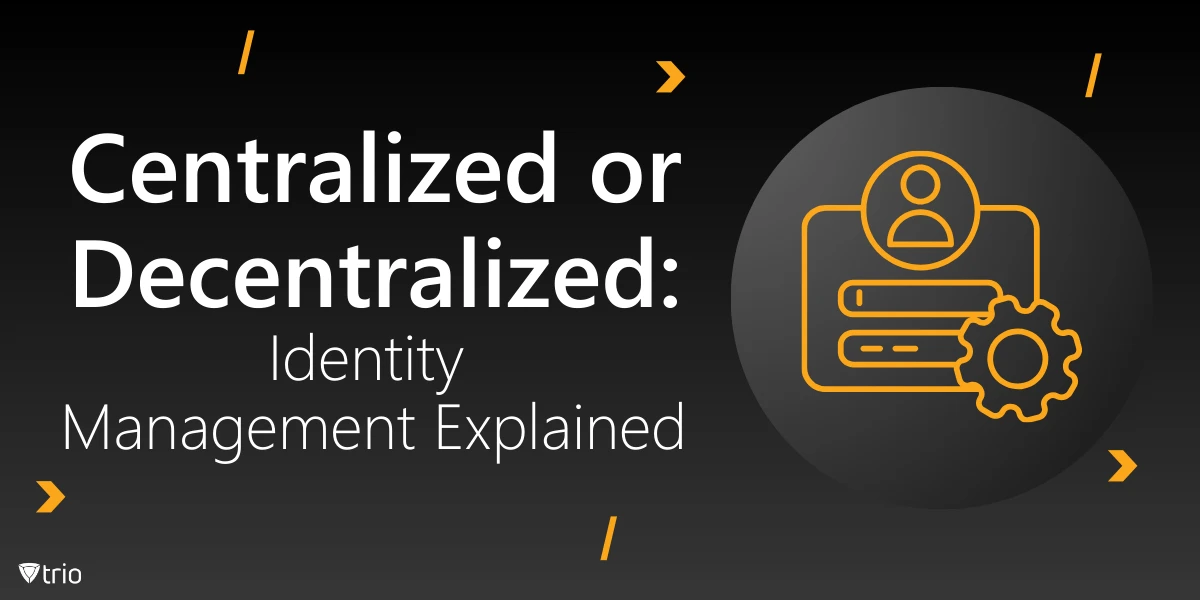In today’s rapidly evolving cybersecurity landscape, organizations must implement robust defenses to protect sensitive data and business operations from ever-growing cyber threats. One of the most important security tools are managed firewall services, which act as a first line of defense by controlling the flow of traffic between trusted and untrusted networks.
Traditionally, businesses have relied on traditional firewalls that are managed internally by their IT departments. However, with the rise of more complex threats, many organizations are now turning to managed firewall services. The firewall service market is expected to grow to $3.44 billion by the end of 2024. These services offer an outsourced, professional approach to firewall management, allowing businesses to offload the burden of constant monitoring, maintenance, and updates.
In this blog post, we’ll explore the differences between traditional firewalls and managed firewall services, comparing their capabilities, advantages, and limitations to help businesses determine the right solution for their specific needs.
Traditional Firewalls: Internal Control and Management
Traditional firewalls have been the foundation of network security for decades. They are physical or software-based security systems that act as a barrier between a company’s internal network and external threats. Managed and configured internally by IT teams, traditional firewalls are designed to monitor and control incoming and outgoing network traffic based on predefined security rules.
With traditional firewalls, businesses have complete control over their network’s security configurations. They can adjust settings and firewall rules to meet their specific needs and ensure that all security policies are enforced according to company standards.
Pros of Traditional Firewalls:
- Full Control: IT administrators have direct access to firewall configurations, giving them full control over how security policies are implemented and maintained.
- Customization: Traditional firewalls can be highly customizable, allowing organizations to tailor settings to their specific network architecture and needs.
- Immediate Adjustments: Since traditional firewalls are managed in-house, changes can be made immediately without relying on external service providers.
Cons of Traditional Firewalls:
- Resource-Intensive: Managing traditional firewalls requires significant resources, including dedicated IT staff to monitor and update the system regularly. This can be particularly challenging for small to medium-sized businesses (SMBs) with limited IT personnel.
- Limited Threat Detection: Traditional firewalls may lack advanced threat detection capabilities, making them less effective against modern cyber threats like zero-day vulnerabilities and sophisticated malware.
- Manual Updates: IT teams must manually apply updates and patches to traditional firewalls, which can lead to gaps in security if updates are delayed or overlooked.
Managed Firewall Services: Outsourced Expertise and Proactive Security
In contrast to traditional firewalls, managed firewall service examples provide an outsourced solution for proper vulnerability management. Managed firewall services are offered by third-party providers, often referred to as Managed Security Service Providers (MSSPs). These providers take over the responsibility of configuring, monitoring, updating, and securing the firewall, offering businesses continuous protection and support.
The best managed firewall services provide a range of advanced security features, including real-time monitoring, automatic updates, and expert threat detection, ensuring that businesses are protected from evolving threats without burdening their internal IT teams.
Pros List of Managed Firewall Services:
- 24/7 Monitoring: Managed firewalls offer continuous, round-the-clock monitoring by a team of security experts. This ensures that potential threats are detected and mitigated in real-time, even outside of regular business hours.
- Proactive Threat Detection: Managed firewall services often come equipped with advanced threat detection systems, such as Intrusion Detection Systems (IDS) and Intrusion Prevention Systems (IPS), which can identify and block suspicious activity before it becomes a serious issue.
- Automatic Updates and Patches: With managed firewalls, businesses don’t need to worry about keeping their firewall updated. The managed service provider automatically applies security patches and updates to ensure that the firewall is always optimized to defend against the latest threats.
- Expert Management: Managed firewall services are overseen by experienced cybersecurity professionals who can identify vulnerabilities and provide tailored security solutions. This expertise is particularly beneficial for businesses that lack in-house cybersecurity knowledge.
- Scalability: Managed firewall services are designed to grow with your business. As your organization expands, the firewall service can scale to accommodate new users, devices, and network architecture.
Cons of Managed Firewall Services:
- Less Direct Control: Since managed firewalls are outsourced, businesses have less direct control over the firewall’s configuration and may need to rely on the service provider for certain adjustments.
- Ongoing Costs: Managed firewall service pricing typically implements monthly or annual fees, which can be higher than the one-time cost of purchasing a traditional firewall. However, this cost is often offset by the added value of expert management and continuous protection.
- Dependence on Provider: Relying on a third-party provider means that businesses must trust the MSSP to maintain security and respond to threats in a timely manner.

Which Firewall Solution Is Right for Your Business?
Choosing between a traditional firewall and managed firewall services depends on several factors, including the size of your business, the complexity of your network, your available IT resources, and your overall security needs.
- Small to medium-sized businesses (SMBs): For SMBs with limited IT resources, managed firewall services are often the better choice. The ability to outsource firewall management to a team of experts ensures that the business is protected without placing additional strain on the IT department.
- Larger enterprises: Larger organizations with dedicated IT and cybersecurity teams may prefer to maintain control over their firewalls by managing them internally. However, even large enterprises can benefit from the advanced threat detection and scalability of managed firewall services, particularly if they operate in industries with strict regulatory requirements.
Conclusion
As cyber threats continue to evolve, businesses must evaluate their security measures such as using human firewalls alongside managed firewall services to ensure they are protected from potential attacks. While traditional firewalls offer control and customization, they require significant resources to manage and maintain. Managed firewall services provide a more comprehensive solution, offering 24/7 monitoring, automatic updates, expert management, and advanced threat detection. In addition to firewalls, managing the security of your mobile devices is crucial. Take control with Trio’s Mobile Device Management solution. Sign up for your free trial today and protect your mobile infrastructure and manage firewalls of multiple devices with ease!
Ultimately, the choice between traditional firewalls and managed firewall services comes down to your organization’s specific needs and resources. For businesses looking to enhance their cybersecurity without the burden of internal management, managed firewall services are a smart, scalable investment that can provide peace of mind and stronger protection in an increasingly complex threat landscape.
Know about news
in your inbox
Our newsletter is the perfect way to stay informed about the latest updates,
features, and news related to our mobile device management software.
Subscribe today to stay in the know and get the most out of your mobile
devices with our MDM solution app.
Recent Posts
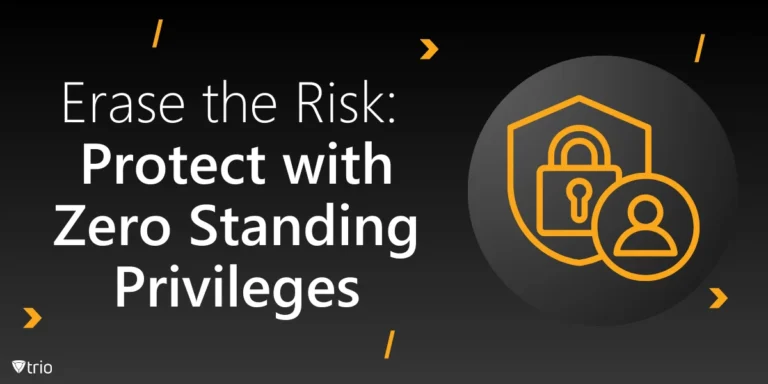
Erase the Risk: Protect with Zero Standing Privileges
Learn how zero standing privileges eliminate persistent access rights, enhance data security and reduce the risk of unauthorized access.
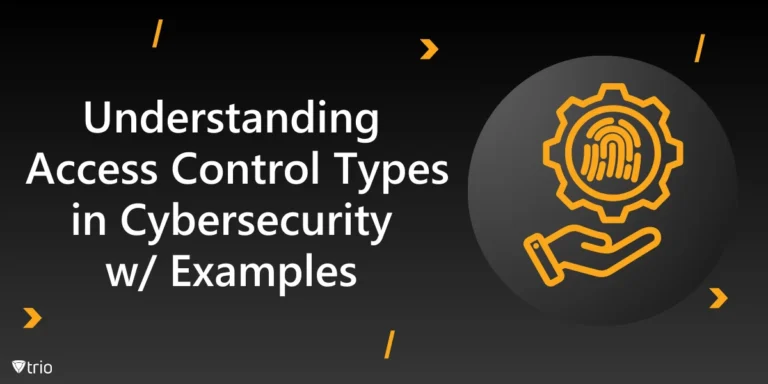
Understanding Access Control Types in Cybersecurity w/ Examples
Thorough understanding of access control types & the knowledge to make informed decisions about implementing security measures in your organization.
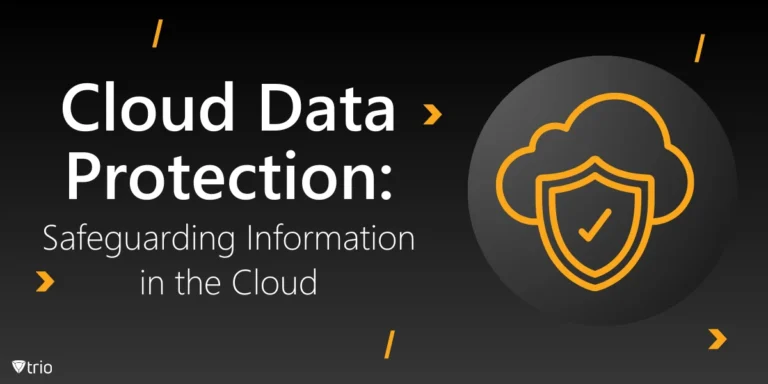
Cloud Data Protection: Safeguarding Information in the Cloud
Learn essential strategies for robust cloud data protection, exploring tools, best practices, and policies that safeguard sensitive information.
